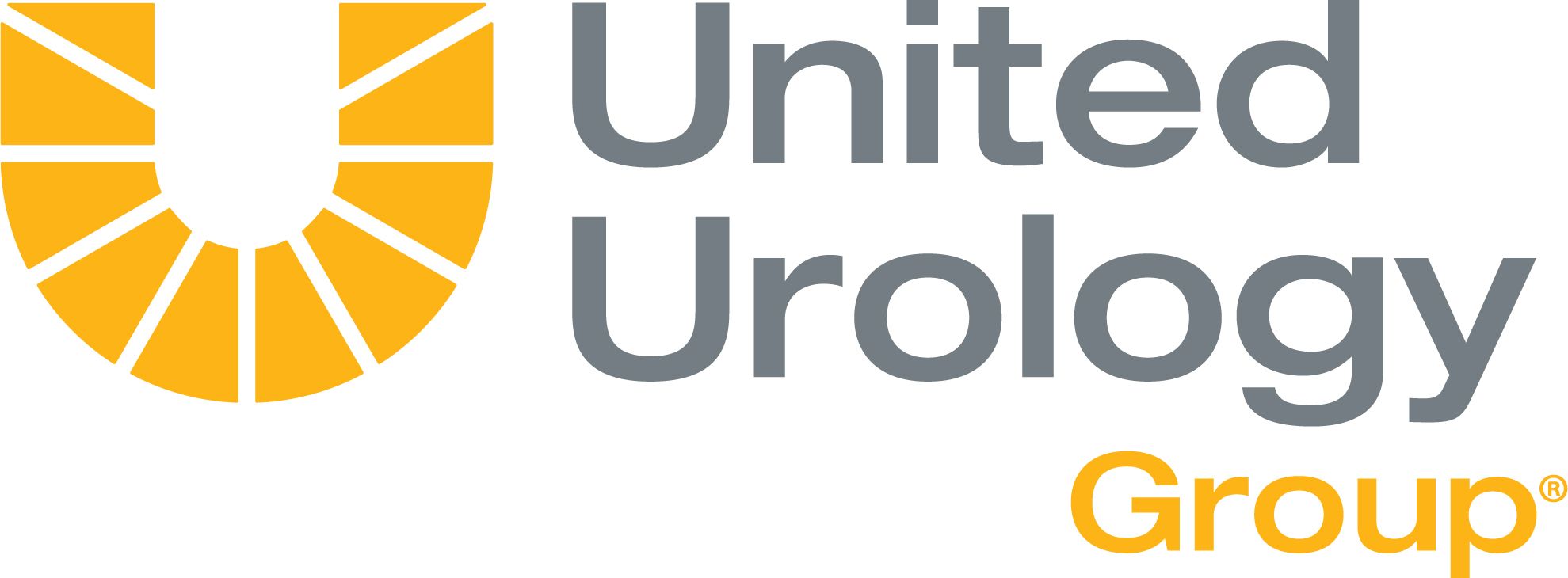
Joy Maulik, CRNP, on the role of APPs in urologic care

“Variation is the enemy of quality. The more streamlined we can do these things and include APPs in the teachings of procedures and understanding different subspecialties of prostate cancer, I think it would be helpful,” says Joy Maulik, CRNP
In this video, Joy Maulik, CRNP, discusses the role that advanced practice providers (APPs) can play in delivering urologic care. Maulik is a nurse practitioner at Chesapeake Urology on the Eastern shore of Maryland.
Video Transcript:
What we need to cover more is getting APPs into doing more procedures, getting them comfortable. I'm not talking major surgeries, I'm talking biopsies, I'm talking Barrigels, SpaceOARs, XIAFLEX [injections], cystoscopies. Some practices do that, but it's very fragmented. And with those procedures come the specialty, so if somebody is in women's health and having issues with voiding dysfunction, APPs could be trained to run that clinic–and I'm deviating from prostate cancer–but they can help to do procedures like InterStim. They can do Bulkamids. They can do certain cystos to help that process. Same thing for prostate cancer – we are able to do biopsies. We are able to do, with the guidance of course of the urologist, MRI fusion biopsies, and can be a gatekeeper for prostate cancer. Like I said, you have to manage their bone health at the same time, sexual health, and managing the cancer itself, if it's metastatic or not. [Also,] understanding easy access to guidelines as it changes, because prostate cancer has moved.
I would love to just, I don't know what the right word [is], consult, go to other practices from an APP perspective and see how we can streamline things. Because medicine is evidence-based, businesses can say it's standardization, no matter which way. Variation is the enemy of quality. The more streamlined we can do these things and include APPs in the teachings of procedures and understanding different subspecialties of prostate cancer, I think it would be helpful.
Kidney stone management is another big one, keeping up with the metabolic workup, keeping up with the urine things. I mean, there are so many sub-specializations – erectile dysfunction is one by itself. So, I think, [if] every practice [could] see their APPs and what their interests are and then cultivate that, and with the AUA having resources for everything, [it] would be very helpful.
This transcription has been edited for clarity.
Newsletter
Stay current with the latest urology news and practice-changing insights — sign up now for the essential updates every urologist needs.






